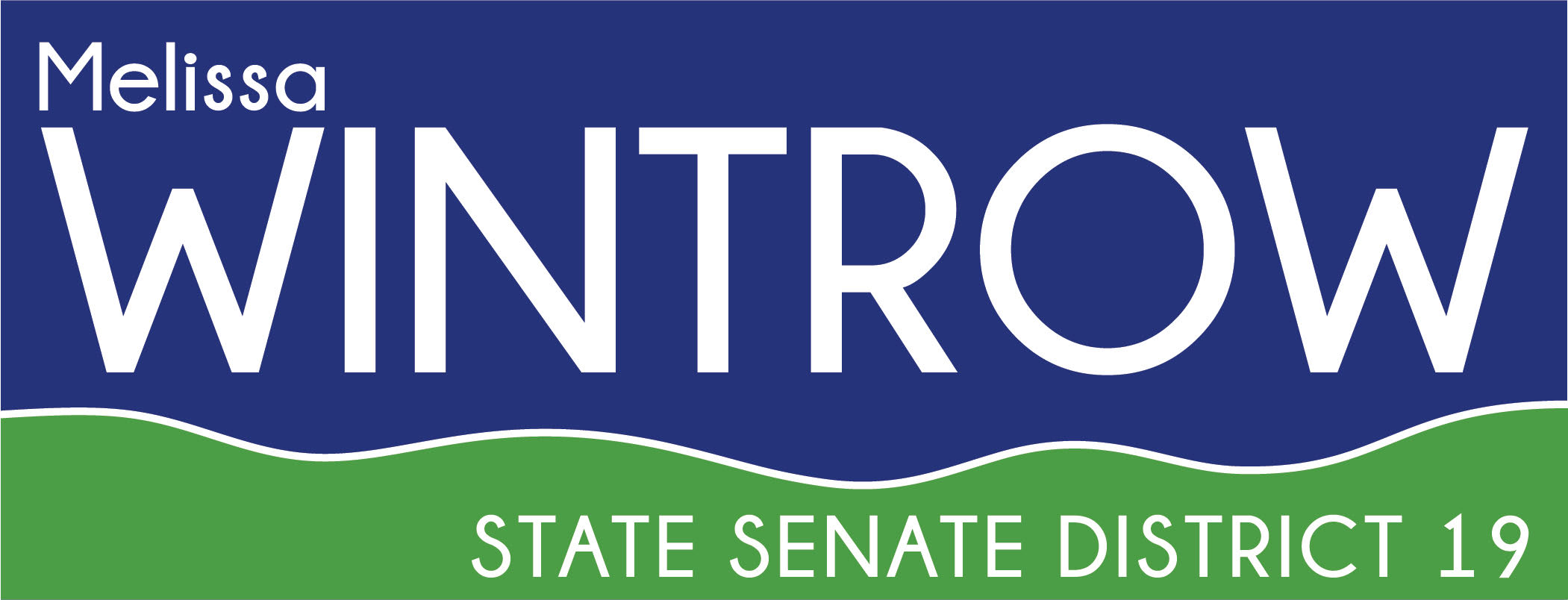I introduced a bill on Thursday to provide for a $150 cap on oral chemotherapy drugs to put them on par with the costs associated with IV chemotherapy.
Over 8,000 Idahoans were diagnosed with cancer in 2015. Oncologists prescribe anti-cancer drugs that can be administered through medical IV by a healthcare provider or orally administered in the form of pills dispensed by a pharmacist.
Normally, oral chemotherapy medications are covered under a health plan’s pharmacy benefit while traditional IV and injected chemotherapy medications are covered under the major medical benefit. This often results in extremely high cost-sharing for patients receiving oral chemotherapy medications, as they are asked to pay a percentage of the cost of the drug as their specialty drug co-pay, often thousands of dollars each month. Conversely, those receiving traditional IV chemotherapy medications are often responsible for a small co-pay that reflects an office visit. This difference creates inequality in coverage of payment from the patient receiving oral chemotherapy and often times results in a higher initial out-of-pocket cost for the patient. Thus, patients are often faced with substantial financial hardship or have to forgo treatment entirely.
Over the past several months, I brought together stakeholders from all aspects of this issue to discuss the patient’s access to oral chemotherapy drugs with the goal of reaching a solution.
The fact of the matter is 36 other states have recognized this is a problem and have done something for the citizens of their state to address it. Most recently, Montana addressed the issue through a rule in 2014 and Wyoming passed legislation during this legislative session (the week of February 23). Every state that Idaho shares a border with has enacted legislation or policy to ensure equitable or on par access to oral chemotherapeutics (WA, OR, NV, UT, WY, and MT – UT and NV both have caps in place).
Why a cap for Idaho? Eleven states have some form of a monthly out of pocket cap, including Utah, where some of the Idaho insurance providers also provide services. Cancer treatment is costly. There is no doubt when diagnosed with cancer each patient will meet their annual out of pocket maximum. However, it does matter how quickly a patient gets to the maximum.
The problem cannot be resolved for everyone, however, that doesn’t mean we shouldn’t help those we can. The monthly out of pocket cap for oral chemotherapy prevents the overwhelming financial burden of cancer patients, affording them the opportunity to address other obligations in life and pay their bills.
If you have a story to share that will help in my search to better address patient’s needs, please contact me at mwintrow@house.idaho.gov.
